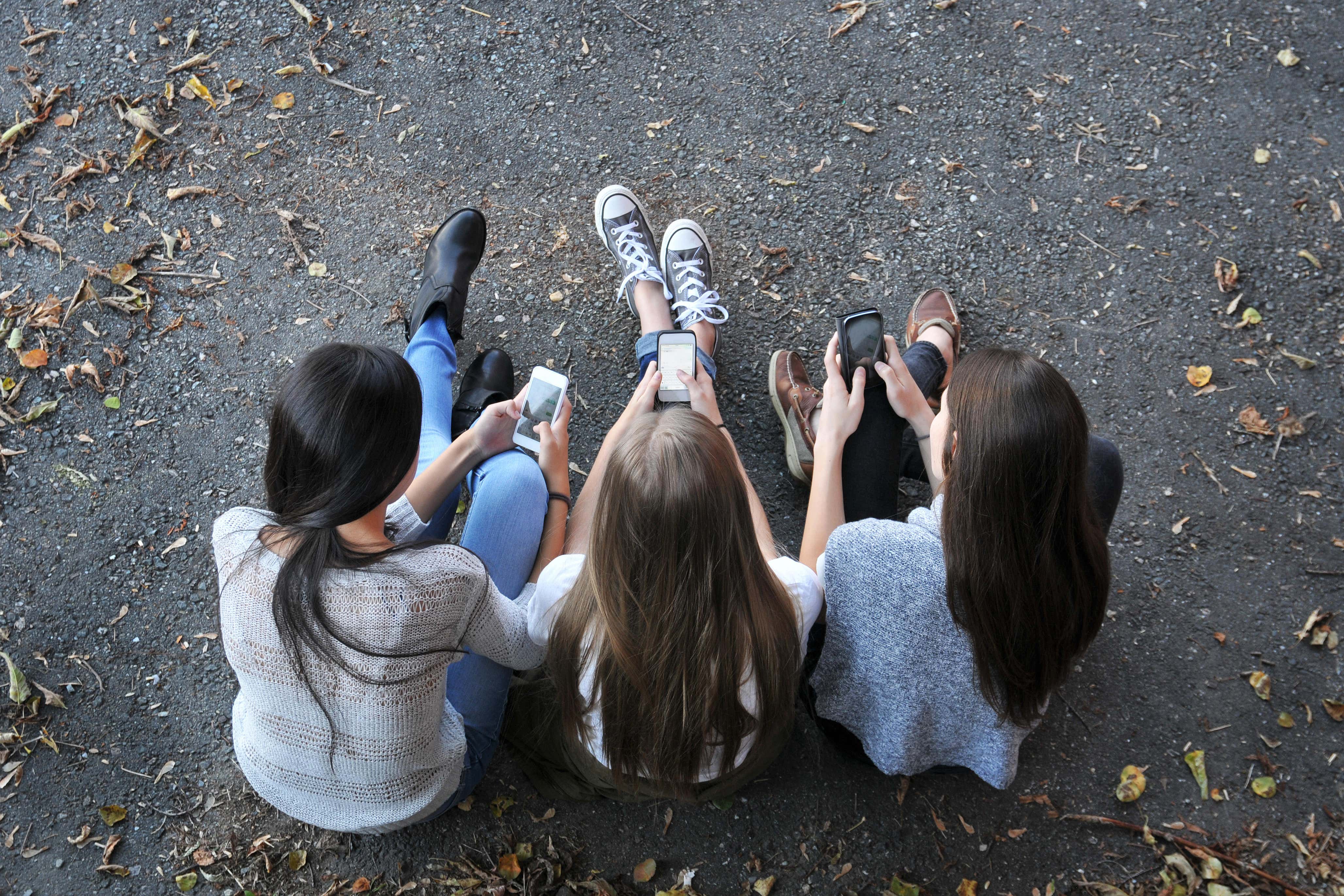More girls miss school and college due to their periods than colds, survey finds
Despite schemes to provide free period products for students, menstruation remains a big barrier to education for girls.

Your support helps us to tell the story
From reproductive rights to climate change to Big Tech, The Independent is on the ground when the story is developing. Whether it's investigating the financials of Elon Musk's pro-Trump PAC or producing our latest documentary, 'The A Word', which shines a light on the American women fighting for reproductive rights, we know how important it is to parse out the facts from the messaging.
At such a critical moment in US history, we need reporters on the ground. Your donation allows us to keep sending journalists to speak to both sides of the story.
The Independent is trusted by Americans across the entire political spectrum. And unlike many other quality news outlets, we choose not to lock Americans out of our reporting and analysis with paywalls. We believe quality journalism should be available to everyone, paid for by those who can afford it.
Your support makes all the difference.Girls miss more school or college days due to periods than any other reason – including colds, mental health or truancy, according to a new report.
Periods cause girls to be absent from school or college for three days a term on average, compared with colds and flu (2.6 days), mental health (1.9 days) and truancy (1.2 days), the data released by washroom provider phs Group has revealed.
This equates to 54 lost education days over the course of their teen years, the equivalent of 11 academic weeks.
The findings form part of phs Group’s Period Equality: Breaking the Cycle report, now in its third year, for which Censuswide polled 1,262 girls aged 13-18 years across the UK.
The majority (82%) cited cramps as the main reason for this, while almost one in five (19%) said they stay away from lessons because they’re embarrassed about being on their period, and one in 12 (8%) said it’s because no period products were available to them.
This is despite the introduction of period equality measures in recent years, designed to improve access to free period products in education settings.
“It’s important to recognise that huge advances have been made in giving girls access to free period products in schools across the UK. What we must do now is close the gap between providing schools with all the products they need and getting them into the hands of any girls that need them, for whatever reason,” said Kelly Greenaway, period equality lead at phs Group.
“We know from our own data providing schools with products, that they have more than enough for their girls, so we need to tackle the misconceptions around free access to products in washrooms, and the stigma and shame that goes hand-in-hand with failing to have open conversations about menstruation.”
Since the launch of the Government’s Period Product Scheme in January 2020, which provides free period products to education settings in England, via phs Group, 99% of secondary schools and 94% of post-16 organisations have ordered products through the scheme.
However, the report published today highlights how periods remain a barrier to education for many girls – with the number of girls missing school due to their periods almost the same for the 2023 findings (54%) as the findings in 2019 (52%), before free sanitary product schemes were introduced.
Despite the roll-out of such schemes, over half (52%) of the students surveyed said they did not find period products freely available in their school and college settings, while one in seven (14%) said they did not know if they were available.
To help tackle the issue and raise awareness, phs Group is launching a new period equality podcast – called The Blobcast: Free The Period – hosted by menstrual wellbeing and confidence educator Kasey Robinson.
Robinson said: “I know too well about the barriers facing so many of us when it comes to our menstrual health. It’s simply not enough to blame absenteeism figures on access to products alone.
“On the ground, the story is clear: we aren’t being educated, supported and informed enough about periods. Menstruation is still a taboo subject, and our experience is a secret to keep to ourselves and something we feel forced to hide. In education settings, this is leading to more and more girls staying away from school.
“Without workshops, learning resources and the support for and from teachers and caregivers, this issue will stay the same, or get worse,” Robinson added. “It should not be a revolutionary act to teach people about periods, it’s a right. We need to break the cycle of shame and encourage open and honest conversations about periods – exactly what The Blobcast is seeking to do.”
The Blobcast: Free The Period launches on all free streaming platforms on October 18. More information can be found at www.phs.co.uk/TheBlobcast.